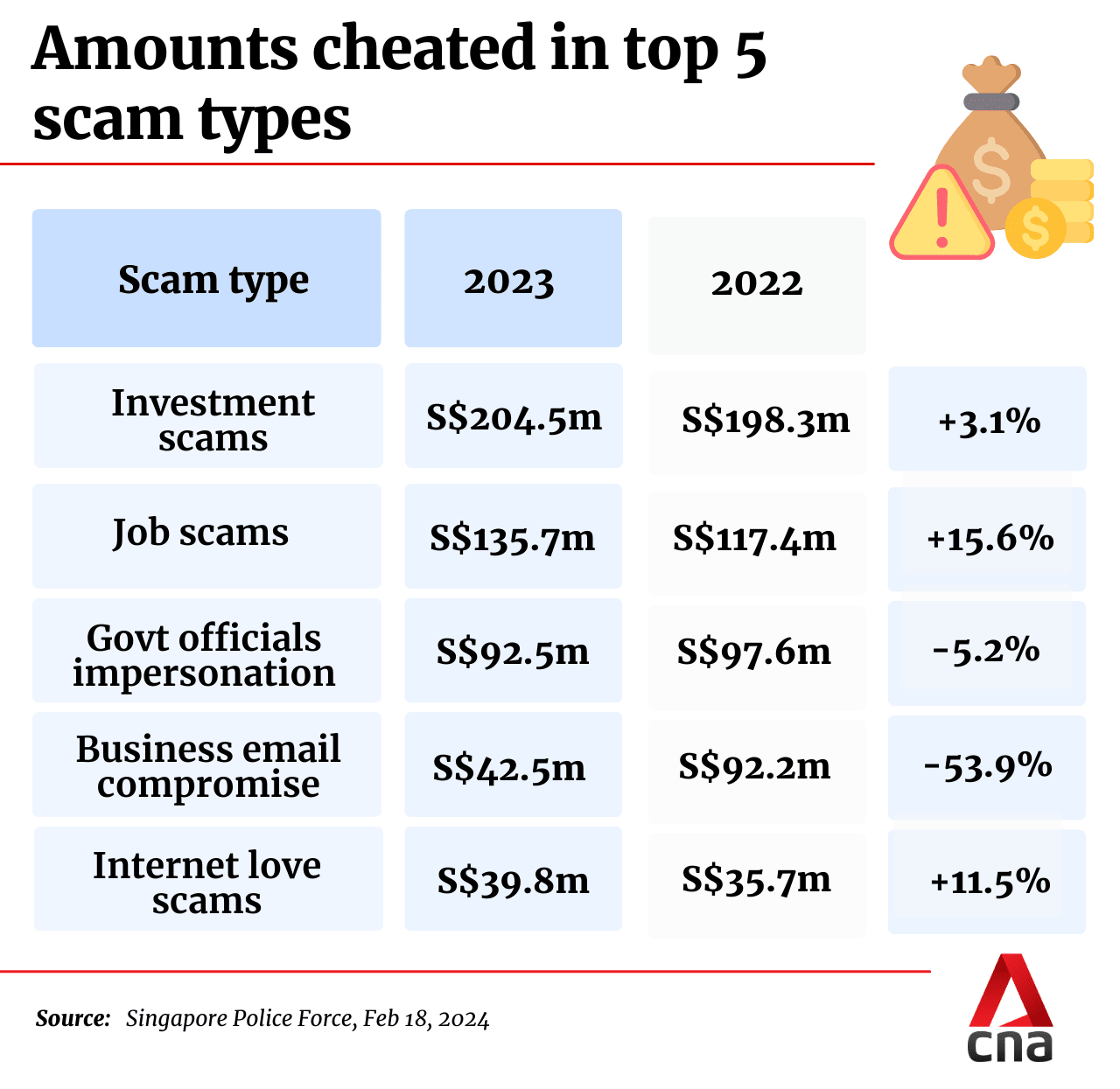In recent months, fraudsters have been reaching out to individuals on platforms like WhatsApp, Telegram and Instagram, encouraging them to invest their money with promises of exceptionally high returns. In this blog, we provide some guidance on how to protect yourself against these investment scams.
An increasing number of people have fallen victim to various investment scams on social media. Unfortunately, those who fall for these scams often lose everything they have invested. Indeed, last month, reports of these types of scams rose significantly, with 25 reported victims - a dramatic increase from seven reported victims the previous month. The scams led to a total loss of more than £100,000 - with most victims being younger individuals; the average age of those duped in June 2025 was just 24.
How Social Media Investment Scams Work
Fraudsters typically contact you directly via WhatsApp, Telegram and Instagram or run advertisements on these platforms. They may offer to invest money on your behalf, boasting the promise of enormous profits in a short timeframe. Some scams have claimed they can guarantee returns as high as 400% within just a few days.
They’ll suggest how much money you should invest at the start, usually between £100 and £200. Once you invest, they’ll sometimes move your communications onto WhatsApp instead. These ‘investors’ usually don’t go into detail about what you will be investing in. They just promise they can make you lots of money, very fast - but your money isn’t really being traded or invested and you’ll probably lose it all. You could also be at risk of being defrauded a second time if the fraudster asks you to pay a fee to access the profits you have made on your investments.
If you start to become suspicious and ask questions, they may block you immediately, leaving you without any information about who they are and no way to recover your money. Many people we have spoken to have rarely known the full name of the person they were dealing with or even confirmed whether that person was who they claimed to be.
They also mentioned that they assumed the investor was legitimate because they had many followers on Instagram, shared images featuring large amounts of cash or luxury items and had numerous positive reviews from satisfied clients. However, these are red flags and legitimate investors typically do not behave this way.
How to protect yourself from investment scams
1. Be wary if you’re approached by an investor or see adverts on social media
Authorised investment firms and reputable brokers won’t conduct business on social media.
2. Do your research before investing
If you’re considering investing, check if the firm is authorised by the FCA and use their Warning List on potential investment opportunities.
Understand exactly what they’ll invest your money in. If it’s not clear, don’t invest.
3. Think carefully before sending any money
Fraudsters will often try to pressure you into sending money by saying you'll miss out on massive profits unless you send the money straight away.
Once you send money, it’s very difficult to get any of it back. If you invest in an unauthorised firm, you won’t have access to the Financial Ombudsman Service or Financial Services Compensation Scheme (FSCS).
4. Be suspicious if an investor promises you guaranteed profits
All legitimate investments carry risk and there’s a chance you won’t get back the money you invested. But fraudsters claim profits are guaranteed and that the investment is foolproof. Be very wary of investors making claims like this; the investment opportunity is likely a scam.
5. If it sounds too good to be true, it probably is!
If someone is promising you thousands of pounds in return for a small upfront fee in a matter of hours or days, it’s unlikely to be a genuine investment opportunity.
You would be doing very well if you saw a 4-5% return on an investment. So, if someone’s promising you 400-500%, it’s highly likely they are trying to scam you.
What to do if you’ve been a victim of an investment scam
- Report it to your bank as soon as possible. Your bank will reach out to the bank where you sent the money to see if it’s still in the account.
- Report what happened to Action Fraud.
- If you’ve been scammed by a firm (as opposed to a person on social media) you can also report what happened to the FCA Check out this post from Action Fraud for more information about these kinds of scams.

We hope this guide has provided you with information that will prove useful if you are ever approached about such investments via social media. Stay vigilant!
